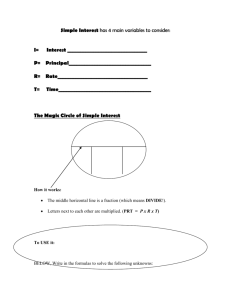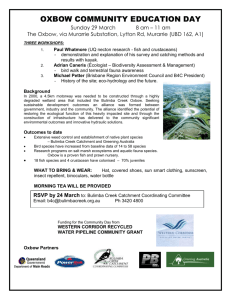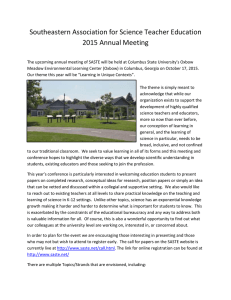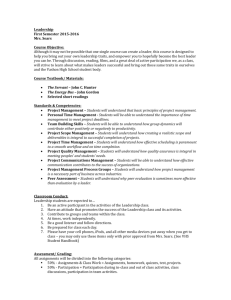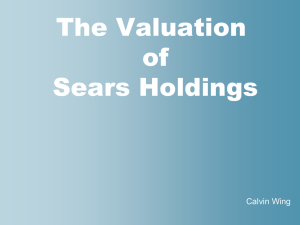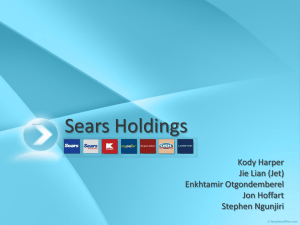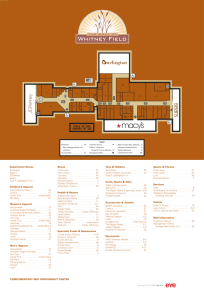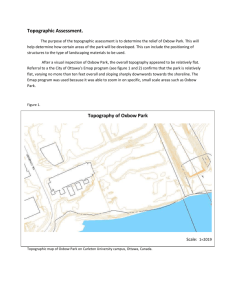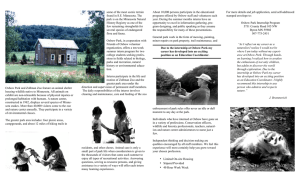Carol Sears Pollution Reading & Questions
advertisement
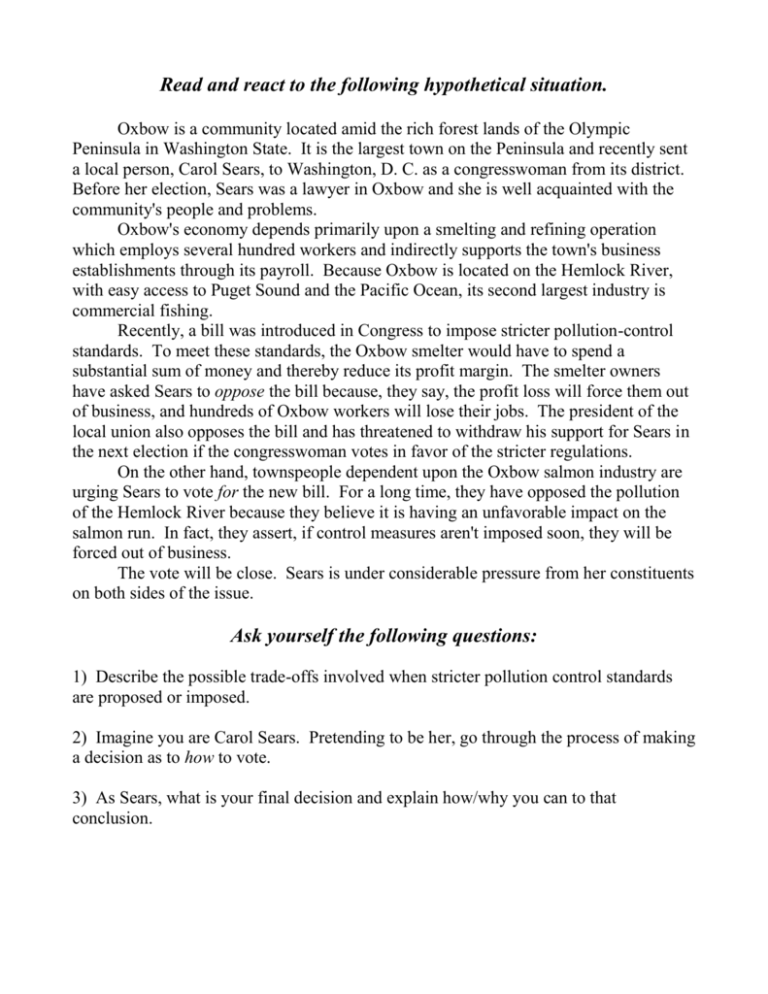
Read and react to the following hypothetical situation. Oxbow is a community located amid the rich forest lands of the Olympic Peninsula in Washington State. It is the largest town on the Peninsula and recently sent a local person, Carol Sears, to Washington, D. C. as a congresswoman from its district. Before her election, Sears was a lawyer in Oxbow and she is well acquainted with the community's people and problems. Oxbow's economy depends primarily upon a smelting and refining operation which employs several hundred workers and indirectly supports the town's business establishments through its payroll. Because Oxbow is located on the Hemlock River, with easy access to Puget Sound and the Pacific Ocean, its second largest industry is commercial fishing. Recently, a bill was introduced in Congress to impose stricter pollution-control standards. To meet these standards, the Oxbow smelter would have to spend a substantial sum of money and thereby reduce its profit margin. The smelter owners have asked Sears to oppose the bill because, they say, the profit loss will force them out of business, and hundreds of Oxbow workers will lose their jobs. The president of the local union also opposes the bill and has threatened to withdraw his support for Sears in the next election if the congresswoman votes in favor of the stricter regulations. On the other hand, townspeople dependent upon the Oxbow salmon industry are urging Sears to vote for the new bill. For a long time, they have opposed the pollution of the Hemlock River because they believe it is having an unfavorable impact on the salmon run. In fact, they assert, if control measures aren't imposed soon, they will be forced out of business. The vote will be close. Sears is under considerable pressure from her constituents on both sides of the issue. Ask yourself the following questions: 1) Describe the possible trade-offs involved when stricter pollution control standards are proposed or imposed. 2) Imagine you are Carol Sears. Pretending to be her, go through the process of making a decision as to how to vote. 3) As Sears, what is your final decision and explain how/why you can to that conclusion.
